Earth's Systems

Educators and Parents, Sign Up for The Cheat Sheet
Weekly updates to help you use Science News Explores in the learning environment
Thank you for signing up!
There was a problem signing you up.
-
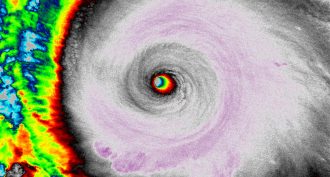 Climate
ClimatePicture This: Biggest hurricane in the West
The hurricane that’s storming into western Mexico has had higher sustained winds than any seen in the Western Hemisphere. It’s also got the lowest atmospheric pressure, making it a monster storm.
By Janet Raloff -
 Oceans
OceansExplainer: What is a tsunami?
Earthquakes and landslides can create huge waves that travel across oceans.
-
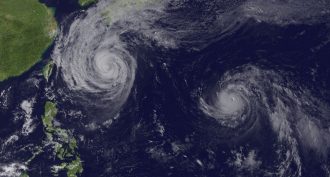 Climate
ClimateNew El Niño coming on strong
The current El Niño event could be a record breaker, changing weather patterns worldwide and bringing rain to drought-parched California.
-
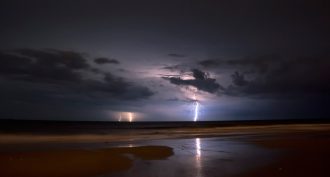 Physics
PhysicsScientists ‘see’ thunder for first time
Scientists have captured the first image of thunder. The map shows the relative strengths of the sound waves emanating from the loud clap.
-
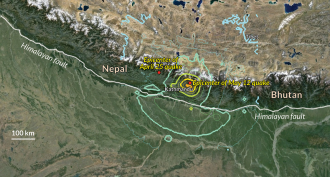 Earth
EarthMajor new quake rattles Nepal
A new earthquake struck Nepal on May 12. Its tremors were centered on a new region.
By Janet Raloff -
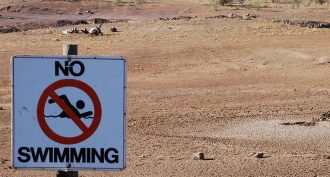 Climate
ClimateWarming’s role in extreme weather
Extremes in temperature and precipitation will be more common as global temperatures rise. Human-led climate change is largely to blame, a new study finds.
By Beth Mole -
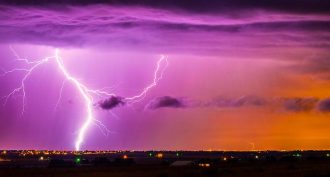 Climate
ClimateCosmic rays offer clues about lightning
Space particles called cosmic rays pelt Earth. Scientists are using the rain of these particles to probe how lightning forms.
By Andrew Grant -
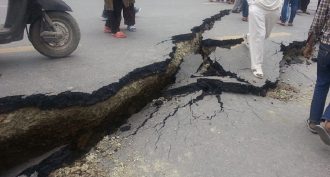 Earth
EarthNepal earthquake offers hints of worse to come
The magnitude 7.8 earthquake that crumbled much of Nepal’s capital city could be overshadowed by larger future earthquakes along the Himalayas, scientists say.
-
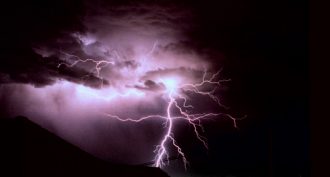 Earth
EarthMornings become electric
Lightning packs a wallop in the morning. The most powerful lightning strikes in the continental United States usually peak before noon.
-
 Microbes
MicrobesLife’s ultra-slow lane is deep beneath the sea
Biologists had suspected the deep seafloor would be little more than barren sediment. But they found a surprising amount of oxygen — and life.
By Beth Geiger -
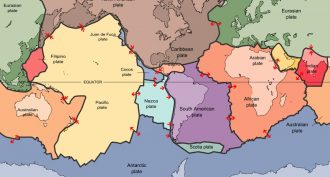 Earth
EarthExplainer: Understanding plate tectonics
Plate tectonics is the process whereby Earth continually rebuilds itself — and causes destructive events like earthquakes and volcanic eruptions.
-
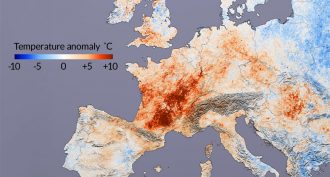 Environment
EnvironmentArctic warming bolsters summer heat
Rapid warming in the Arctic is sapping summer storms of their power to cool. That worsens heat waves across the Northern Hemisphere.